We have all come to know and love our pints, but experts suggest they may be doing more harm than good.
A study from Cambridge University, which looked at bars, pubs and restaurants in England, showed that smaller serving sizes could decrease alcohol consumption.
And in turn, it could decrease the risk of various types of cancer and other diseases.
But would local pubs consider removing pints from their menu?
We’ve asked pub managers in Aberdeenshire and Elgin, and our readers, for their thoughts on the future of the pint…
A move away from pints is ‘right move’ says Elgin barman
Against the Grain is popular Elgin craft beer shop and taproom.
Manager Calum McWilliam, 26, says: “I think it’s going to take a good long time for Britain to go along with it.
“As a nation that’s been drinking pints for 300 odd years, they are going to be around for a good while longer.
“But a gradual move [away from pints] is probably the right move.”
In the Cambridge study, 13 licensed premises in England were asked to remove pints from their menu for four weeks.
The result? The daily average amount of alcohol sold reduced by almost 10%.
Against the Grain primarily serves schooners of beer, but will serve pints if asked.
A schooner glass (425 ml) typically holds a third less than a pint (570 ml).
“It’s already a thing that craft beer bars have adopted,” says Calum.
“People aren’t there to get drunk.
“They’re there to drink to enjoy the beer, because all these new beers are different and crazy and unique.”
Smaller beer measures may ‘stay fresher for longer’, but what about ‘shrinkflation’?
“Pints are seen as the norm,” adds Calum.
“We’ve been serving schooners ever since we opened. But we still get customers coming in saying ‘a pint of this’, ‘a pint of that’. It just rolls off the tongue.
“Sometimes people do have a pint, but that’s more the traditionalists.”
There can be other benefits to choosing a schooner over a pint, says Calum.
“There is argument for it being just that bit fresher for a little longer,” he says.
Ditching the pints would work for smaller, independent pubs, he says, but not necessarily for bigger ones.
“What I worry about is the bigger pubs adopting a smaller size at the same cost,” he says.
“And then it’s that kind of shrinkflation.
“A lot of regulars at these pubs might be lower income, and then they’re getting charged the same amount for less.
“For a lot of people, it might actually cause a bit of aggravation, especially in the starting up period.”
Ditching pints a ‘Draconian measure’? Let’s speak to an Aberdeenshire barman…
The study, published in September, hasn’t had such a positive reaction from everyone.
Press and Journal readers shared their opinions on social media.
Daniel Morrison-Diack commented: “Get this in the bin! World has gone mad!”
While reader Neil Forrester left the comment: “It’s October the 1st, nae April the 1st, aye?”
Iain Brown also commented: “Pubs would die.”
Andy Christie, co-founder of Devenick Drinks in Chapelton, Aberdeenshire, runs “Scotland’s smallest licensed taproom” from a set of shipping containers in the middle of the community.
He isn’t keen for getting rid of the pint either.
“I think it’s just nonsense,” he says.
“It is almost Draconian measures to change something so institutionalised.
“The pint is rooted in pub culture and tradition, isn’t it? Everyone associates the pub and the pint.
“I remember having my first pint with my dad, who sadly passed away several years ago.
“But it feels like a rite of passage for you.
“You’re in a pub, having your first pint with your old man. It’s a coming of age thing.
“And I think a lot of people would have memories like that.”
Andy also argues that customers wouldn’t be keen for the change.
“As a bar owner, customers know what they’re getting when they order a pint,” he says.
“We deal with craft beers, which can be quite confusing for some customers.
“For an older generations, if you start offering two thirds, three quarters, for a beer, they’ll say they just want a pint.
“They are a bit suspect of lower measures.
“But I don’t think it’s anything to do with the volume of alcohol.
“It’s just the association of it, what people are used to and what they’re comfortable with. And I don’t see the issue with that.”
‘Our best selling product by a country mile is a pint’
Andy argues that drinking a pint encourages a “slower, relaxed drinking pace” for customers.
“If you drink bottles or 330ml cans, you’re going to be knocking them back at twice the pace,” he argues.
“If you down a pint, it is not an easy thing.
“Nobody likes doing that unless they’re away to catch a train, or late for the bus or whatever.
“But if you down a pint, you’re not away to start sipping another one.”
“We offer a wide selection of drinks and measures,” continues Andy.
“330s, 430s, half pints, pints.
“But our best selling product by a country mile is a pint.
“So if you reduce that, you need to add that loss of revenue to something else.
“It will either get tacked on to poor wine drinkers and you’ll end up paying more.
“Or you’ll be paying more for less [beer].
“When you deal with the public who are spending their hard-earned money, giving them less and charging them the same or more is never going to go down well.”
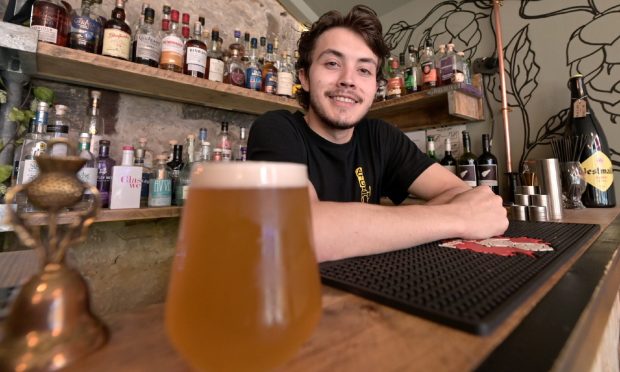
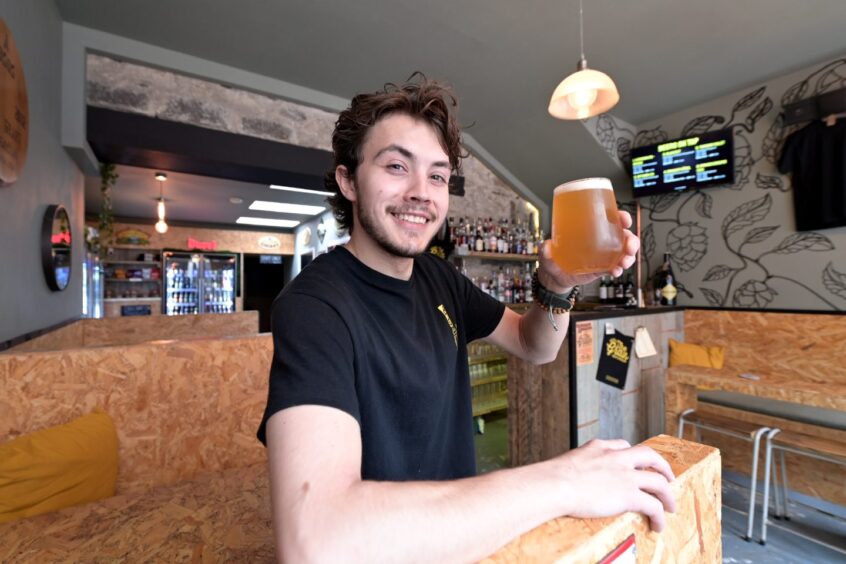
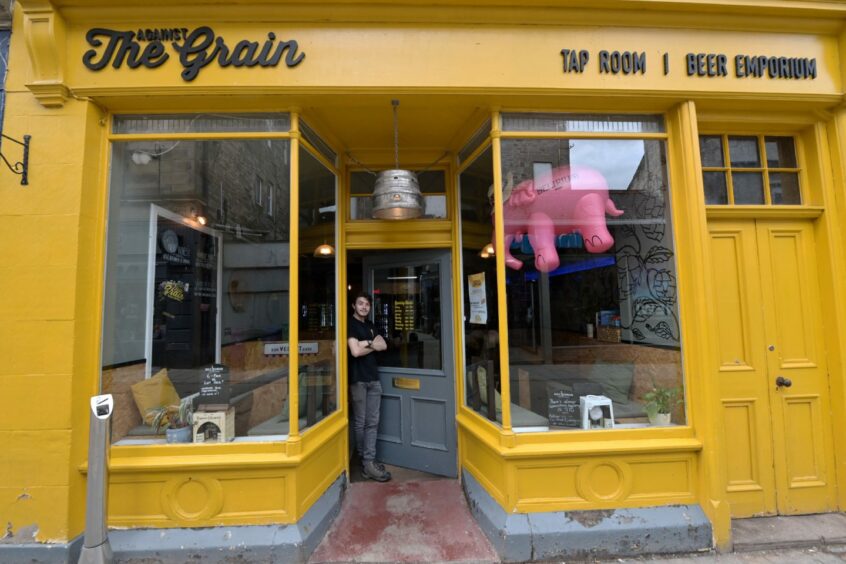
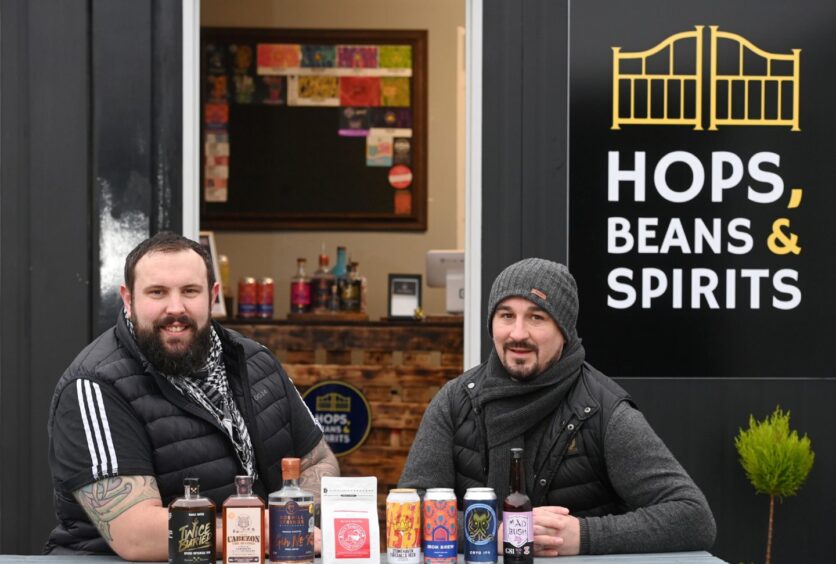
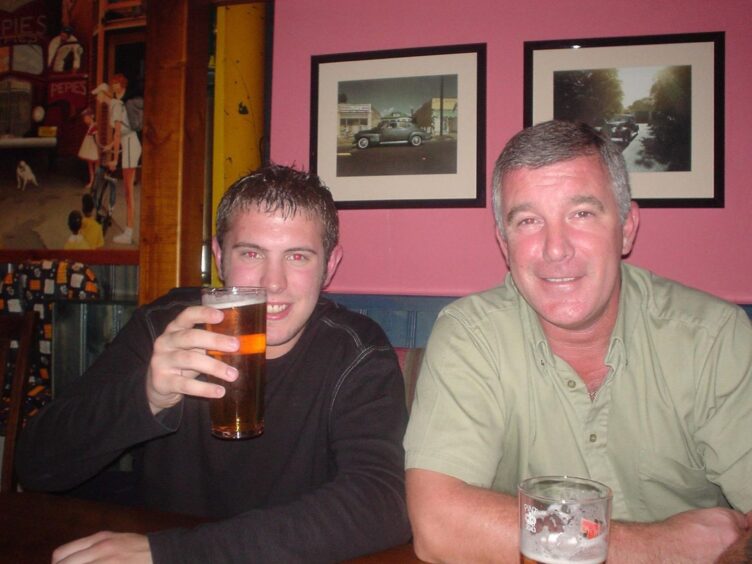
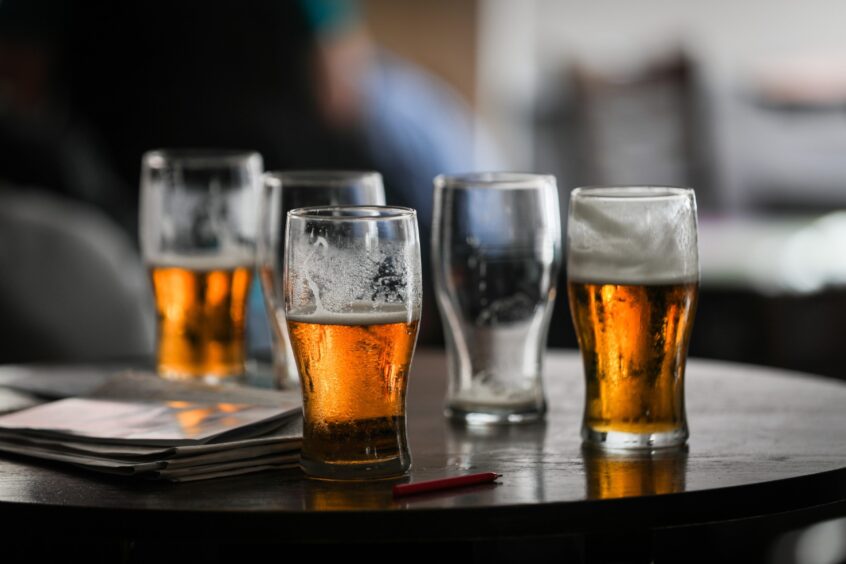
Conversation